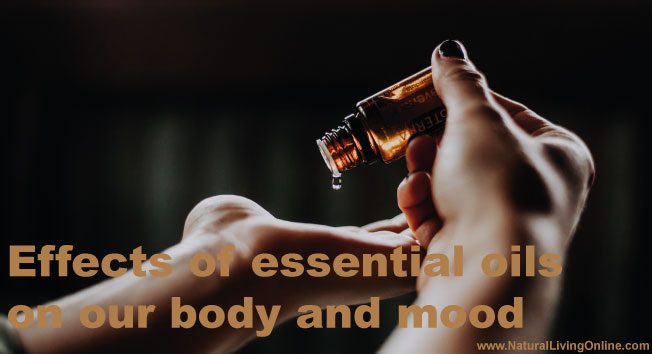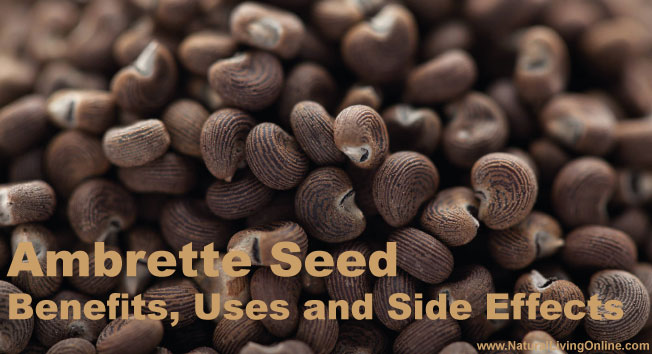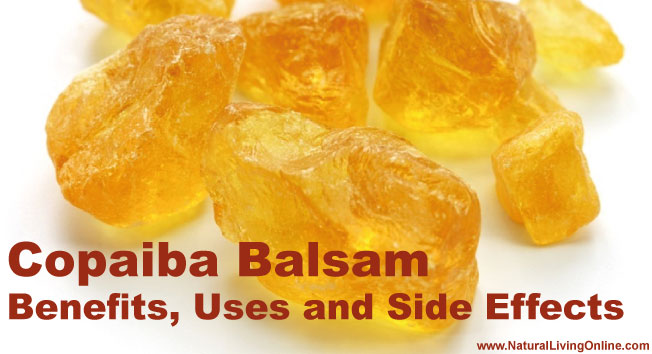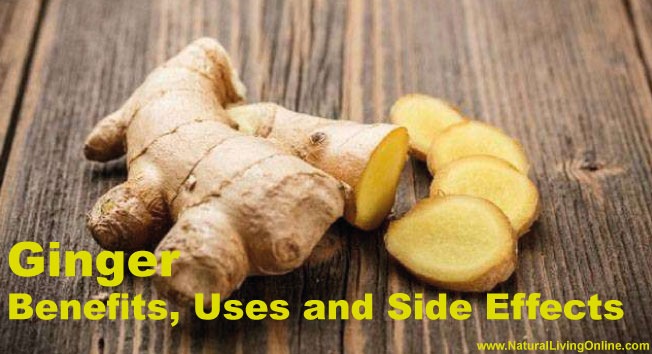Essential oils are a great way to add natural fragrance and therapeutic benefits to your home. They can be used for aromatherapy, in place of chemical-laden cleaning products, or as part of DIY beauty recipes. In this article we will explore everything you need to know about essential oils including: the different types; how they’re made; their chemical composition; how they work with our bodies and moods; and what each oil is typically used for.
What is an essential oil?
Essential oils are extracts taken from plants, usually via steam distillation. They’re the concentrated version of what you would find in your native plant—the leaves, fruit or stem peelings, flowers and roots that have been used for centuries to make perfumes and medicines.
Essential oils continue providing their therapeutic benefits long after they’ve been applied to the skin. Essential oils are prized for their ability to promote feelings of wellbeing, refresh and relax our mind, body and spirit.
Essential Oils contain powerful compounds that work on your brain’s limbic system (responsible for emotions) or on specific nerve pathways which allows them to impact mood by altering levels of neurotransmitters and hormones. They also possess anti-inflammatory, antimicrobial and antioxidant properties which help to reduce inflammation in the body as well as improve digestion.
Essential oils can be used for a wide variety of purposes such as: relieving stress; improving sleep; easing muscle aches or cramps; inducing feelings of calm (good for meditation); improving concentration; eliminating bad moods and feelings of depression.
What is not an essential oil?
What is the difference between an essential oil and a fragrance oil? Essential oils are extracted from plants through distillation, which means they come directly from nature’s raw materials.. The only difference with fragrances is that fragrances do not smell like anything. Although the words “fragrance oil” are often used interchangeably, fragrance oils can contain many different types of chemical compounds (such as phthalates) that do not occur in essential oils. The lifespan and strength of fragrances made with synthetic materials is much shorter than those containing natural ingredients.
How essential oils are made
There are two main ways essential oils can be extracted from plants:
This process takes a lot of time and effort, but has been proven to create the purest form of oil. It involves an entire distillation process which requires around 25 pounds (11 kilograms) of plant material for every one ounce (30 milliliters) produced!
Since this process takes so much time and effort, the most common type of extraction is using a cold press. This doesn’t require as many resources or take as long, but it does yield less pure oils than distillation and actually produces more waste! The oil has to be extracted from pieces of plant material by pressing them between metal plates that have been chilled with water or some other kind of coolant.
More recently, a process called hydro-distillation has become popular as well because it doesn’t require any chemicals and extracts the oil from only the plant’s flowers rather than its entire biomass. It still takes a long time though – at least one month – so it is more expensive than the others.
Another method for essential oil extraction using is CO2₂ which involves forcing carbon dioxide gas into a chamber containing the plant material. This is done under high pressure and temperature which ensures that gaseous molecules of CO₂ dissolve in the oil held within the plant cells.The end product obtained after this process is called supercritical fluid extract (SFE). It can be used to make essential oils, vape juice and food flavorings. Essential oil extraction using CO₂ is an expensive process but it ensures that the end product contains no contaminants or solvents. It also has a much higher yield than other methods of extracting plant compounds like steam distillation or solvent extraction. This makes it more economical in terms of cost and time. Many companies are now using CO₂ for essential oil extraction because it is more humane compared to other methods that involve heating or chemical solvents. It also ensures the end product has a high purity, which makes it suitable for aromatherapy use as well as food flavoring purposes.
Effects of essential oils on our body and mood
Essential oils are natural essences from flowers, trees and other plants. They have been used for centuries to heal ailments in the body and mind. Essential oils can be inhaled or applied directly on our skin making them a great alternative of medications that we take orally.
Some of their benefits include:
- Promoting relaxation and reducing anxiety or nervousness.
- Easing tension, stress relief, improving sleep disorders like insomnia.
- Curing allergies through inhalation of the oil vapors to ease breathing problems.
- Helping treat skin conditions such as acne breakouts, dermatitis and psoriasis by applying it directly on the affected areas.
- Treating respiratory problems such as asthma, cough and cold by inhaling the oil vapors.
Essential oils can be used in many ways: for household purposes like cleaning or personal care products; to improve our moods and feelings through aromatherapy; in food recipes and even relieving sore muscles when they are applied directly on the affected areas.
Essential oils are very powerful and can have both negative or positive effects. They should be used with care on the skin to avoid irritation, inflammation, redness or rashes. Essential oils must not be ingested orally unless prescribed by a trained medical professional because they might contain toxins that would harm our bodies when taken internally. Some essential oils may interact with medications or may trigger allergies, skin sensitivities and other reactions. Essential oils should always be diluted when applied on the skin to avoid negative effects like irritation, inflammation and rashes.
While most essential oils are safe for use, it is best to consult a trained professional before applying them on our bodies especially if we have sensitive skin; if we are under medication or pregnant; if our symptoms do not improve after applying the oil for three days, if they get worse or spread to other areas of the body.
Essential oils can be very powerful and have positive effects on many aspects in our lives but it is important that we use them carefully because some essential oils may contain toxins that could harm our skin and bodies when applied on the skin or ingested orally.
Essential oils can be used for many household purposes, in food recipes to improve moods through aromatherapy; they are also very effective to treat respiratory problems like asthma, coughs and cold by inhaling their vapors. Essential oils should always be diluted when applied on the skin and should never be ingested orally unless prescribed by a medical professional.
Essential oils are natural essences from flowers, trees and other plants that have been used for centuries to heal ailments in the body and mind. They can be inhaled or applied directly on our skin making them an alternative of over-the-counter medications. Essential oils can be used for many household purposes, in food recipes to improve moods through aromatherapy; they are also very effective to treat respiratory problems like asthma, coughs and cold by inhaling their vapors.
Essential oils should always be diluted when applied on the skin and should never be ingested orally unless prescribed by a medical professional.
Essential oils are natural essences from flowers, trees and other plants that have been used for centuries to heal ailments in the body and mind. They can be inhaled or applied directly on our skin making them an alternative of over-the-counter medications. Essential oils can be used for many household purposes, in food recipes to improve moods through aromatherapy; they are also very effective to treat respiratory problems like asthma, coughs and cold by inhaling their vapors.
Essential oils should always be diluted when applied on the skin and should never be ingested orally unless prescribed by a medical professional.
This website does not provide medical advice.
All information provided on this website, and on associated social media networks, including but not limited to texts, images, and numbers are for general information purpose only. It is not intended as medical advice and it does not include all possible precautions, side effects, or interactions that may occur. Neither NaturalLivingOnline.com nor its author/founder take responsibility for how you use this information. Statements contained on NaturalLivingOnline.com have not been evaluated by the FDA. You should conduct thorough research via multiple sources and consult your physician or qualified doctor before using any essential oil or herbal remedy. Information on NaturalLivingOnline.com must not be relied upon for medical, legal, financial or other decisions.













